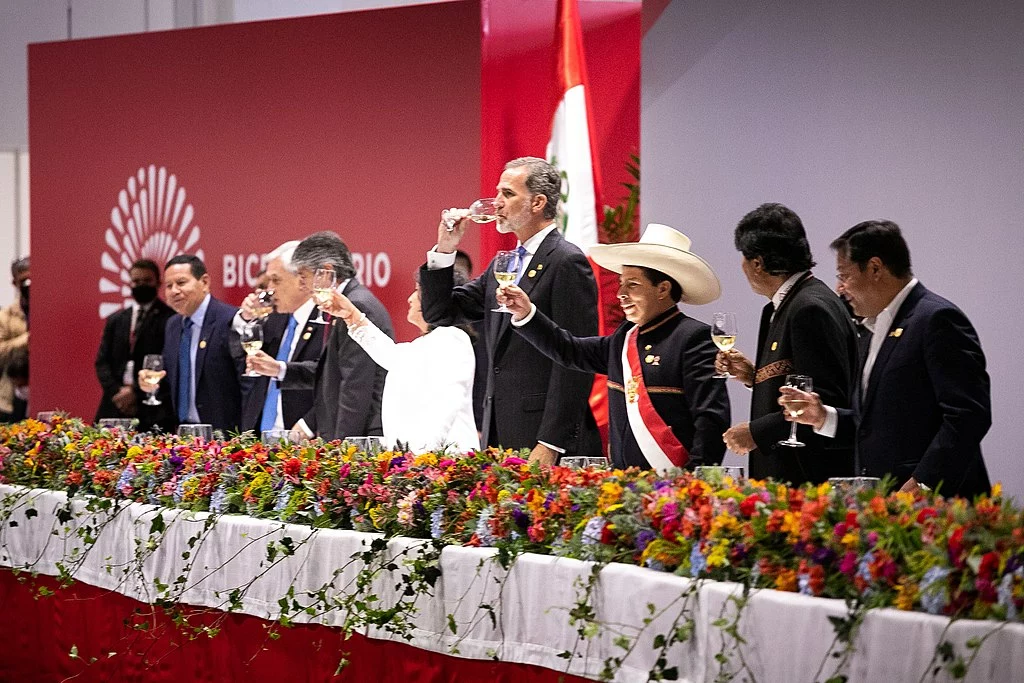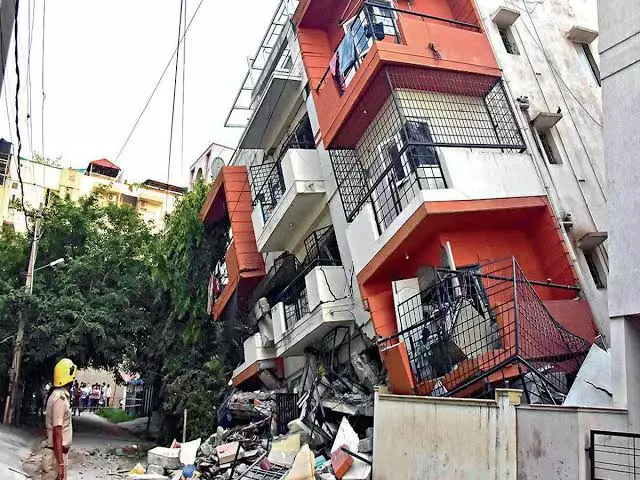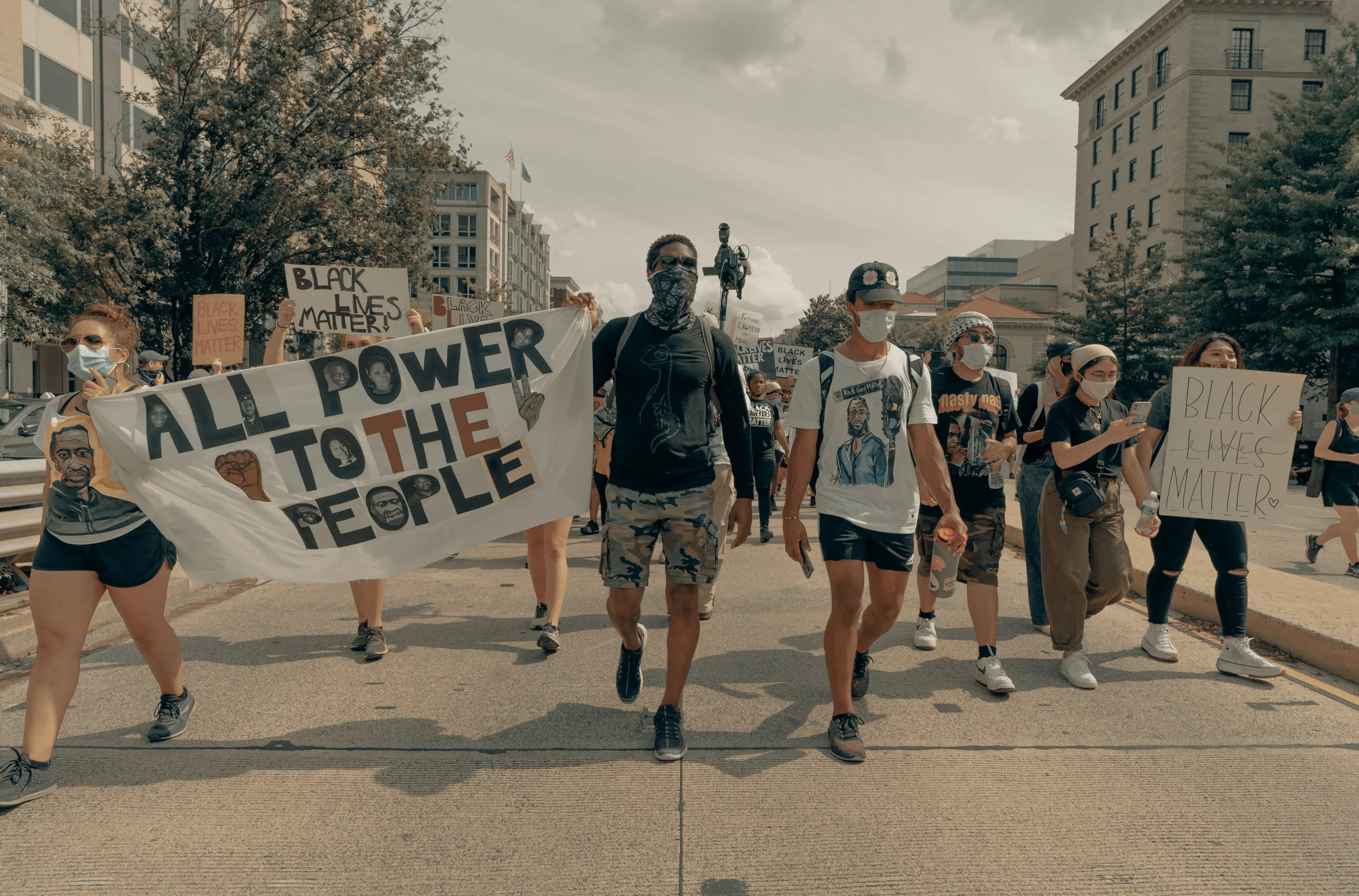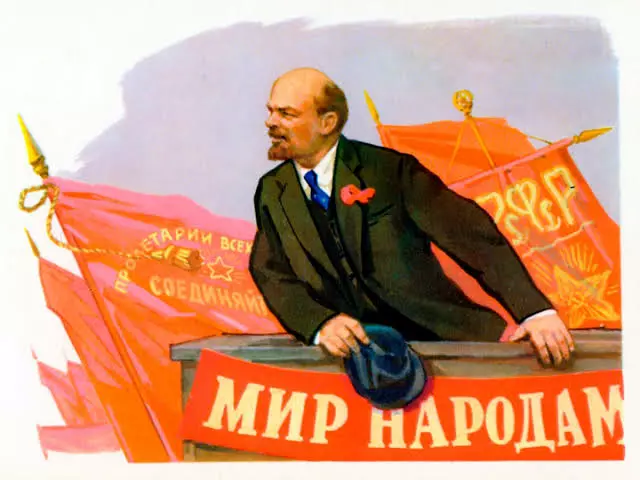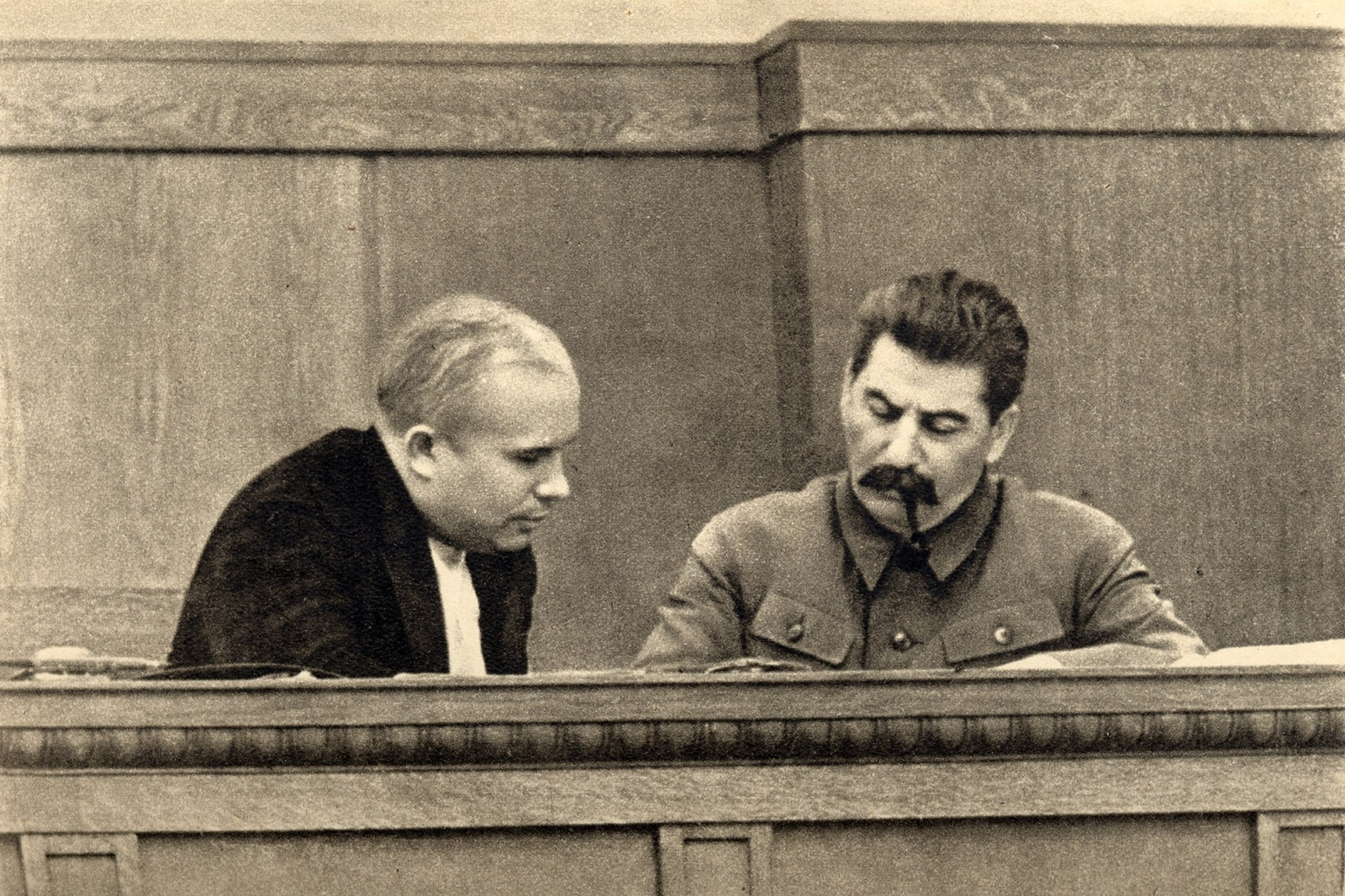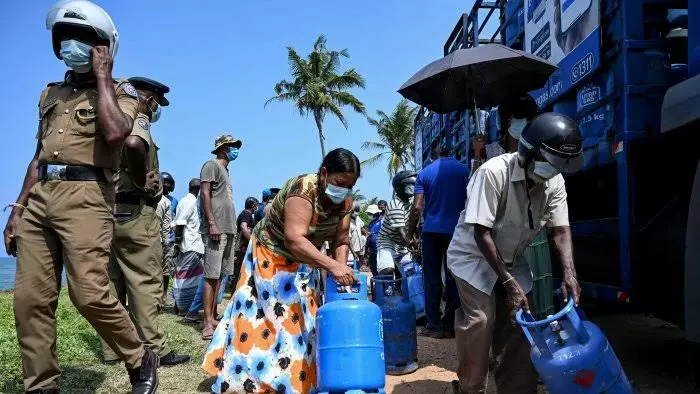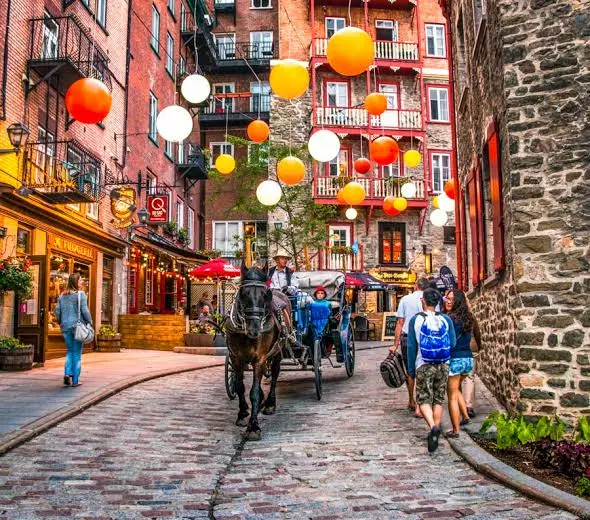“Many people in urban and wealthier areas do not accept that a peasant who speaks differently from them and dresses differently from them should be their president, and that is why they persecuted him and made his life impossible. They always made fun of him and his family.”- Jamie Herrera
Jamie Herrera is a Journalist from Peru and Sourav Chakraborty is one of the Executive Editors of 'The International’
Recently Peru visited a political upheaval and saw President Pedro Castillo’s ouster as president in a coup d'état and Dina Boluarte's becoming the country's new leader, who is also a part of the coup. The country had been experiencing a severe political crisis for decades now and such a coup d’ètat raises a question, 'Who is responsible?’
Sourav Chakraborty: Forceful take-over of power by removing the elected president, is it legal as per the Constitution of Peru? How does it affect the democracy?
Jamie Herrera: President Pedro Castillo made a decision hastily with few mistakeswhen he declared the closing of the Congress and the reorganisation of the organs of justice withoutconstitutional backing, the Congress also vacated him illegally and then he was arrested and locked up even though Castillo enjoyed immunity, which was lifted two days after his arrest. In this sense, although there were grounds to vacate Castillo's seat, this procedure had many irregularities. In this case, we can also speak of a case of law fare, where justice is politicised and used in a rigged way to harm, in this instance it was a ruler. Although Dina Boluarte is the successor, but the way she came to power, takes away her legitimacy.
Another thing that has to be said is that the Congress (which gave the vacancy to Castillo) has very low popularity (90% of the population rejects it), so in the streets they reject the measures they have taken (besides, they always legislate to benefit the most powerful), and this affects the president, Dina Boluarte because she has taken refuge in the Congress to be able to govern.
SC: The meeting of the US Ambassador to Peru with the defence minister of the country, followed by all the strings of events and unrest, does it have any connection? What is your view in it?
JH: In fact, the United States is very interested in having Peru as an "ally"; a leftist government in Peru is not in the United States' interest. Its interests are focused on issues such as the control of natural resources (oil, natural gas, lithium, and gold), but above all on a strategic geopolitical location. The Port of Callao connects the entire continent and other continents. President Boluarte's dialogues with the US ambassador and the Secretary of State have in fact had to do with receiving strategic, logistical, and political support to prevent Pedro Castillo from remaining in power. The US has military bases in Peru for the fight against drug trafficking; however, it has always been denounced that these bases are used to persecute leftist political leaders.
SC: What exactly was the reason behind all these events? As a man from the land of Peru, what is your view in it?
JH:I believe that the right wing and the power groups (businessmen and the press) cornered President Castillo; they besieged him from the day he won the elections; they made three vacancy requests from the Congress; and this, I believe, led the president to make a haste decision to close the Congress, thus having an excuse to remove him from power.Dina Boluarte, today has the absolute support of the Congress of the Republic, the national and international right wing, the media, and the business sector. It is clear that she is governing with them, which is why those who previously questioned her today encourage her to follow Pedro Castillo's mandate and not call for early elections, which is. the clamour of the majority of Peruvians.
SC: Throughout the history of Latin America, there have been frequent US-backed Coups in the region. Is there any similarity with the current events happening in Peru and the previous ones in other countries?
JH: It is rather different case, since constitutional elements have been used to generate this coup d'état, although it has some similar issues, such as the economic war. Despite some similarities, such as the economic war, the business sector had begun to operate with commodity speculation under daily media pressure, which in other countries has been known as a "soft coup," always with the goal of having a government aligned with the United States and the power groups.

SC: What is the role of the Communists in this situation? What is their demand?
JH:In Peru, the communist parties have limited power, and although they have been present in recent protests in support of President Castillo, they have not been close to him. It must be taken into account that Castillo is not a communist camaradaand his government has not been exactly leftist, although he has had many collaborators from the left. At this juncture, the leftist movements and political parties have a fundamental role because if there is an advance of elections, they will have to know how to operate and make alliances to regain power. We must be sincere in saying that the past year and a half of Pedro Castillo's government has been deficient, and this cause few difficulties for the left that brought him to power and defends him. There is now a very strong challenge to recover the government.
SC: Pedro was supported fiercely by the rural population of Peru during the Presidential Election. With the reference can it be assumed that the Urban Population is supporting the current Fascist Government in Peru?
JH:Pedro Castillo has embodied during his campaign and also in his government the majority of Peruvians: peasants, Andeans, poor, teachers, and trade unionists. Peruvians from rural and Andean areas saw themselves reflected in him, which is why they supported him massively. But it is also true that in the rejection of Castillo there is a strong charge of racism and classism. Many people in urban and wealthier areas do not accept that a peasant who speaks differently from them and dresses differently from them should be their president, and that is why they persecuted him and made his life impossible. They always made fun of him and his family.
SC: What is your view on the direct support of USA, Canada and the criticism by the Socialist Leaders of Latin America for this fascist government?
JH:The U.S. does not care about what happens in the streets; they only see it as a necessity to have a government according to their interests, which is why they support Dina Boluarte and the right-wing Congress. Remember that the international right refused to recognise Pedro Castillo as Peruvian president, even going so far as to accuse election fraud, which they could never prove.
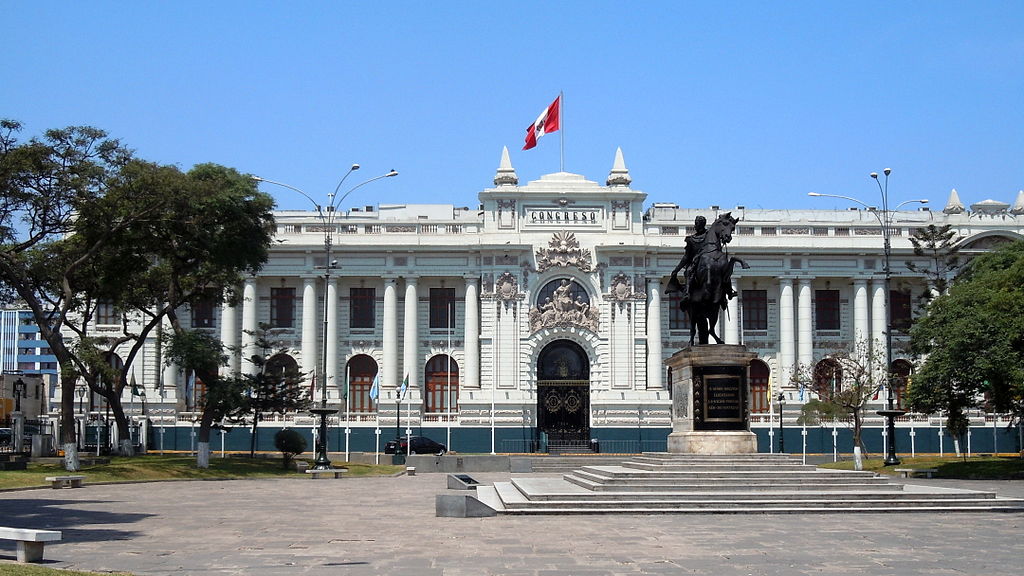
SC: Do you have any data on the number casualty and injury caused due to all these events?
JH: Officially, there are 20 people dead, many of them minors, and most of them from gunshot wounds (bullets); however, there could be an underreporting, which means that there could be up to 30 dead. There are reports of over 600 people being injured, many of them by firearms. Additionally, more than 70 people have been detained so far in the conflict. Some have already been released. However, the Human Rights Coordinator has pointed out that there have been cases of torture in police jails and even forced disappearances, to the extent that some detainees were not registered and were denied access to their lawyers or relatives.
SC: As per our knowledge 22 peasant activists were released by the Armed Forces due to fierce protests. Can it be significant for an upcoming victory?
JH: One of the practises of the dictatorship is to criminalise protest and accuse those who demonstrate of being terrorists, planting evidence against them, which many call "false positives." This happened on Saturday, the 17th, when 26 peasants were arrested on the premises of the Confederación Campesina del Perú. They were accused of having machetes to use in protests, but they never proved that they were theirs, and they were released without any charges. The release was perhaps due to popular pressure, which is indeed a victory, but it is not enough.
SC: As a Peruvian what is your demand at this current situation of events?
JH: Like my compatriots, I believe that President Dina Boluarte should resign, convene an emergency government, and call for new general elections, but in these elections, a referendum for a constituent assembly should be called. Since the current Constitution is the cause of many problems because it was elaborated under a dictatorship and only benefits the richest, it is also necessary to modify the democratic system that governs Peru, by which the Congress always manages to be taken over by the right, in spite of the small number of votes it has.
If you are a socialist, We need you now!✕
We are proudly biased towards Anti Capitalist, Anti Imperialist, Anti fascist! We believe we don’t need to mention you the importance of marxist magazine in this era! We are depending on our comrades only! Make an investment of $2.5/m in making a quality journal inclined to Marxism Leninism! Your one potential subscription helps us to maintain our global team! Subscribe and get access of all exclusive content available at the magazine section!
